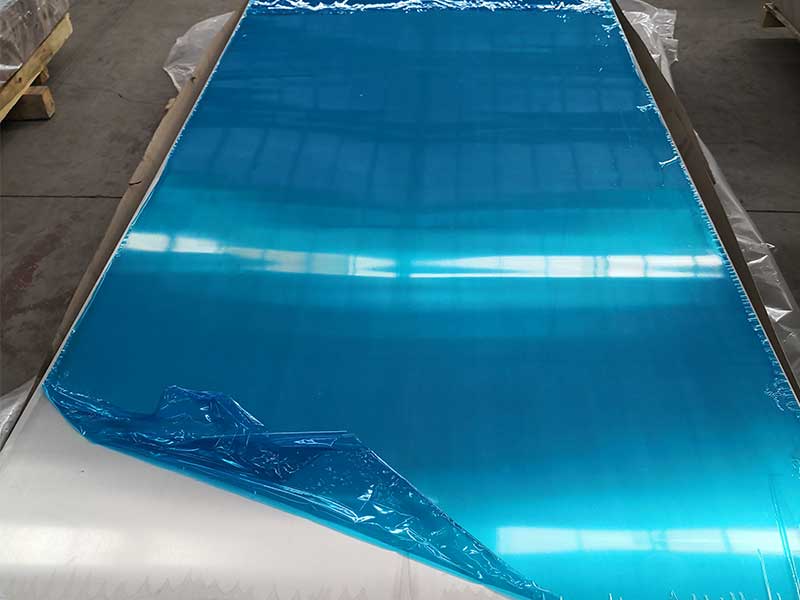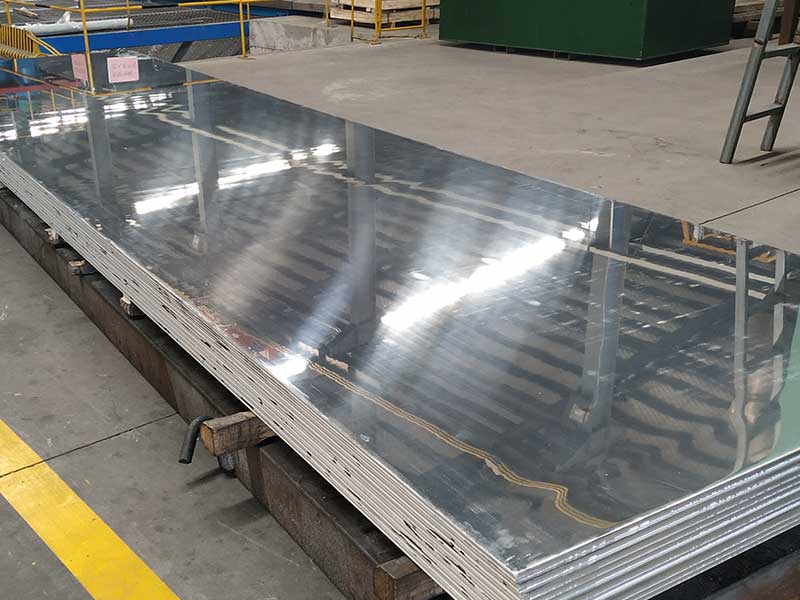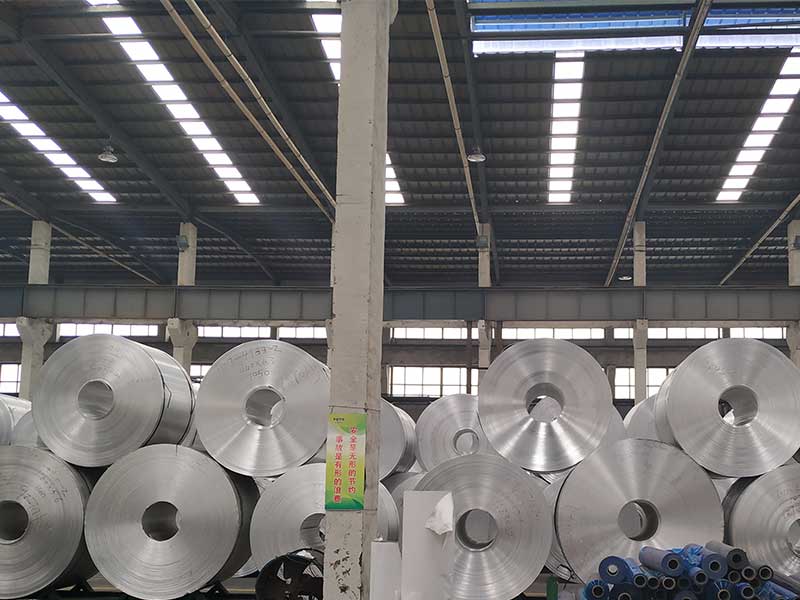When it comes to building durable, long-lasting marine decks that resist harsh seawater environments, 5052 marine aluminum channels is know as an industry-leading solution. Known for their excellent corrosion resistance, strong mechanical properties, and lightweight nature, 5052 aluminum alloy channels are widely utilized in shipbuilding, offshore platforms, and other marine structural applications.
Below is a comprehensive overview of 5052 marine aluminum channels, focusing on their features, chemical properties, mechanical characteristics, and practical applications for seawater-proof marine decks.
What is 5052 Marine Aluminum Alloy?
5052 aluminum belongs to the 5xxx series aluminum-magnesium alloys and is highly valued for its overall corrosion resistance in marine environments. This alloy exhibits:
- Enhanced resistance to seawater and salt spray
- Good weldability and moderate-to-high strength
- Excellent formability, making it suitable for intricate channel profiles
These qualities make 5052 aluminum channels ideal structural components for marine decks that require sustained exposure to saline conditions.
Features of 5052 Marine Aluminum Channels
| Feature | Description |
|---|---|
| Corrosion Resistance | Outstanding resistance against marine atmosphere and seawater-induced corrosion |
| Mechanical Strength | Moderate tensile and yield strength adequate for bearing loads and deck structure reinforcement |
| Lightweight | Much lighter than steel channels, reducing overall vessel weight and improving fuel efficiency |
| Weldability | Easily weldable by most common processes such as TIG, MIG, and arc welding without brittleness |
| Formability | Easily extrudable and roll-formed into complex channel shapes |
| Non-Magnetic | Ideal in electronic sensitive environments and minimizes galvanic corrosion risks around other metals |
| Long Service Life | Maintains functionality and structural integrity over years of exposure to saltwater spray |
Chemical Composition of 5052 Aluminum Alloy
| Element | Typical % Range |
|---|---|
| Aluminum (Al) | Balance |
| Magnesium (Mg) | 2.2 – 2.8 |
| Chromium (Cr) | 0.15 – 0.35 |
| Iron (Fe) | ≤ 0.40 |
| Copper (Cu) | ≤ 0.10 |
| Manganese (Mn) | ≤ 0.10 |
| Silicon (Si) | ≤ 0.25 |
| Zinc (Zn) | ≤ 0.10 |
The magnesium addition significantly enhances resistance to corrosion, especially in saltwater applications.
Mechanical Properties
| Property | Value | Test Standard |
|---|---|---|
| Tensile Strength | 28,000 – 34,000 psi (190 – 235 MPa) | ASTM B209 (Sheet) |
| Yield Strength (0.2% offset) | 12,000 – 28,000 psi (90 – 190 MPa) | ASTM B209 |
| Elongation at Break | 7 – 15 % | ASTM E8 |
| Hardness (Brinell) | 60 – 80 HB | ASTM E10 |
| Density | 2.68 g/cm³ |
The combination of tensile strength and elongation ensures sufficient toughness and flexibility required for marine structural components that often experience dynamic loads.
Typical Dimensions and Profiles
Aluminum marine channels made of 5052 alloy commonly come in customized extrusions tailored to specific deck frame configurations, featuring parameters such as:
| Channel Dimension | Typical Range |
|---|---|
| Height | 20 mm to 150 mm |
| Width | 10 mm to 80 mm |
| Thickness | 2 mm to 10 mm |
| Length | Up to 6 meters (custom lengths available) |
Applications in Seawater-Proof Marine Decks
1. Structural Support Channels for Deck Framing
5052 aluminum channels provide the essential skeleton supporting various deck plating options (such as marine aluminum sheets or non-slip panels). Their corrosion resistance avoids the usual rusting issues experienced with steel supports.
2. Handrails and Safety Barriers
Used as elements in handrails given the alloy’s strength and salt spray corrosion protection, ensuring longevity of safety structures on ships and offshore platforms.
3. Integration in Superstructures
These channels are flexible for fabricating compartments, service walkways, and ladder components where seawater exposure is constant.
4. Offshore Oil & Gas Platforms and Docks
Channels contribute to frameworks where incident marine environmental wearing demands materials with excellent resistance to chlorides.
5. Repair and Retrofitting Marine Decks
Due to easy welding and compatibility with existing aluminum structures, 5052 marine channels are favored in restoration projects, minimizing downtime and material mismatches.
Why Choose 5052 Marine Aluminum Channels?
- Long-Term Cost Efficiency – Reduced maintenance costs vs steel decking components by preventing corrosion-related failures.
- Superior Performance in Harsh Conditions – Proven in both commercial and military marine industries.
- Environmentally Friendly – Aluminum is recyclable without property loss, emphasizing sustainability.
- Weight Savings – Improves vessel performance via fuel efficiency gains due to lighter mass.







